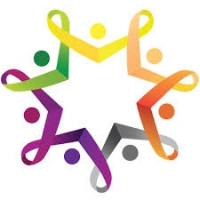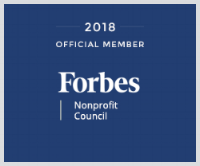Why September Matters
/Every day, there's a radio or TV commercial with a well known hospital claiming to strike out cancer, save us with targeted treatments and let us hop on a bike hours after radiation or chemo. Naya went through surgery, chemo and radiation. She took a full year to regain her strength to get back on a bike.
If you have anyone close to you touched by cancer, you know the reality.
Cancer rates are going up. Cancer is predicted to become the leading cause of death overall, surpassing heart disease. It's already the leading cause of death among kids in the U.S. and growing. And, if you live in less fortunate country, the survival rates are a fraction of those in the United States.
- 1 in every 285 children in the U.S. will be diagnosed with cancer
- In the U.S., one out of every five children with cancer will not survive
- Nearly 2,000 children in the U.S. will die of cancer every year
- The vast majority of kids who do survive will suffer long-term side effects
- A child’s probability of surviving cancer is poor in less-developed countries
The runs, walks, pool parties, birthday donations, lemonade stands and childhood cancer events are critical as they are the primary source for funding new treatments and finding cures.
In less than 2 years, our donors have helped us raise over $350,000. We have also made sure 100% of the donations to Team Naya and The Naya Foundation are used for childhood cancer research and cures. So far, we've been able to commit to a clinical trial, gene sequencing and fund research to support advancements in childhood cancer cures. Thank you.
Dr. Benjamin Mizukawa, a St. Baldrick’s Scholar at Cincinnati Children’s Hospital Medical Center, puts it this way:
“When you save a child’s life, you affect families, future generations, and everyone that child will influence over a lifetime. When you support a scientist, you affect not only the current work, but all the trainees, collaborators, and personnel connected to the work, and all their future studies that will follow over a lifetime."
**Statistics from American Cancer Society, 2014





